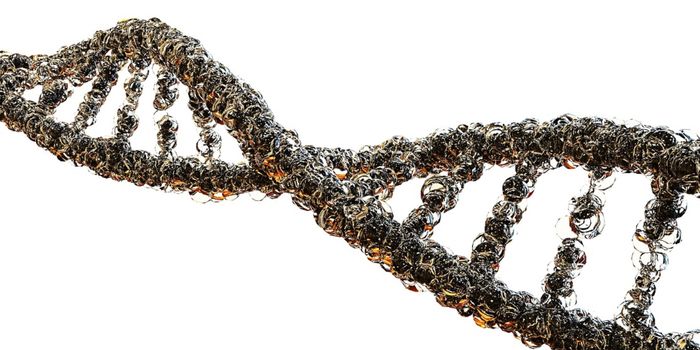Correcting Genetic Mutations Leading to Heart Disease with CRISPR
Dilated cardiomyopathy (DCM) is a serious heart condition that can be caused by many things, though one-third of patients or more have DCM because of a genetic mutation. Scientists have now used the CRISPR-Cas9 gene editing tool to correct mutations in a gene called RMB20 that lead to DCM. RBM20, or RNA binding motif protein 20 normally influences the production of many heart proteins. When RBM20 is mutated, it can have a cascading impact on the heart that gradually ruins its contractile function, causing it to enlarge and eventually fail. The only current treatment options are a heart transplant or drugs that can treat the symptoms of the disease.
In a new study reported in Science Translational Medicine, researchers sought to treat the cause of DCM. They opted to use CRISPR, a gene-editing system that has tremendous potential but is still only in limited use in the clinic. Scientists have shown that CRISPR can correct the genetic mutations that are known to cause many different diseases, but this has been done almost exclusively in animal models. While a few human trials that have treated eye disorders and sickle cell anemia have shown that CRISPR could be a viable way to treat people too, there are still serious concerns about making edits to the human genome, and the potential side effects of such an endeavor.
A viral vector also still has to be used to deliver the CRISPR gene-editing reagents to the right place in cells. In this work, the scientists were able to correct the DCM-causing mutations in RMB20 in human cells that carried two types of these errors. One mutation involved a single base change while the other required a portion of the gene to be removed, and the right sequence to be added into the cells. In the corrected cells, the RBM20 protein functioned normally, directing the production of other important heart proteins.
The technique also worked in one-week-old mice who were treated. As they got older, their hearts did not enlarge and their lifespans were normal compared to mice that carried unedited RBM20 mutations.
"All of the disease characteristics we see because of these mutations were reversed with CRISPR-Cas9 therapy. It's fair to say the success of this approach completely exceeded our expectations," said study co-leader Eric Olson, Ph.D., Chair and Professor of Molecular Biology at UTSW.
The investigators acknowledged that more research remains before people can be treated. They want to find the smallest possible dose that will still correct the mutation, or whether the approach will still work in patients with more advanced stages of disease.
"The pace of this field is really breathtaking," said Olson. "I expect that if this moves forward into patients, we're not talking within decades, we're talking within years."
Sources: UT Southwestern (UTSW), Science Translational Medicine









